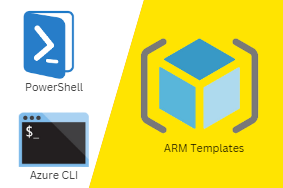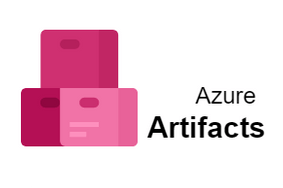Azure functions is a serverless concept of cloud native design that allows a piece of code deployed and execute without any need of server infrastructure, web server, or any configurations. Azure functions can be written in multiple languages such as C#, Java, JavaScript, TypeScript, and Python.
Azure functions are scalable. When demand of execution increases, more resources are allocated automatically to the service and when requests fall, all extra resources and application instances drop off automatically.
Azure functions are best suited for smaller apps have events that can work independently of other websites. Some of the common azure functions are sending emails, starting backup, order processing, task scheduling such as database clean up, sending notifications, messages, and IoT data processing.
Here are some features of Azure Functions
- Azure functions are lightweight and serverless
- Azure functions are easier to write and deploy
- Azure functions are fast to execute because there is no large application, start-up time, initialization, and other events fired before the code is executed
- Azure functions execution is triggered when an event is fired
- Azure functions are compute-on-demand and that is scalable. When demand of execution increases, more resources are allocated automatically and when requests fall, all extra resources and application instances drop off automatically
- Azure functions support multiple programming languages including C#, F#, Java, JavaScript, TypeScript, and Python
- Azure functions do not need any infrastructure and have 0 maintenance
- Azure function can be build, tested, and deployed in Azure portal using a browser
- Azure functions are easy to upgrade and doesn’t affect other parts of the website
- Azure functions use industry standard and can communicate with other APIs, databases, and libraries
How Azure Functions works
The Azure Functions serverless platform enables teams to build event-driven apps that run code when triggered by preset system conditions or events. The platform automatically manages all the computing resources required in those processes, freeing up DevOps teams to focus on developing and delivering features and functions.
Azure Functions also enables teams to run custom-written code to connect multiple services in JavaScript, C#, Python or PHP in a containerized environment on an as-needed basis.



0 Comments